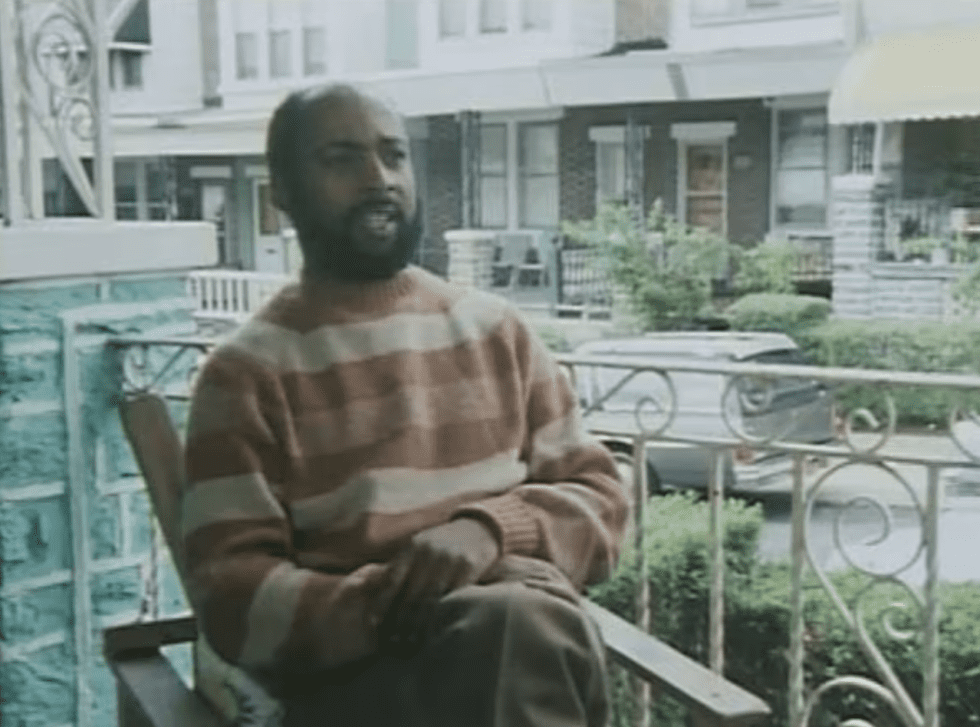

The shabby treatment of returning combat soldiers from Vietnam is investigated.
“On patrol… a hand would reach back, followed by a reassuring voice, ‘C’mon, man, let’s go!’ The voice would come from a street corner in the Bronx, a rural town in the Confederacy, a steel mill in Pennsylvania – little people’s America.”
John Pilger’s clear distinction between people and the politicians who take decisions in their name, sometimes at great human cost, is powerfully displayed in Heroes, which features five disabled American veterans of the Vietnam War who fought “in the cause of nothing”.
The veterans had never been recognised with monuments and parades, as had other Americans fighting foreign wars. Instead, many returned home to a life of unemployment, alcoholism, drug addiction and divorce, and more were dying as a result of the chemicals used in the war – especially the defoliant Agent Orange – than were killed on the battlefield.
The eloquently stated arguments of US Marine infantry officer Bob Muller, who was shot in the spine and in 1978 formed Vietnam Veterans of America, provide a strand running throughout Heroes. “The responsibility of explaining the war has fallen on to the veterans’ shoulders,” he says. “America’s uncomfortable with the Vietnam War.”
Jay Thomas, a Marine badly wounded during the Tet Offensive, explains that he was brought up on John Wayne Westerns and always wanted to be a Marine. In Vietnam, he found the reality different from Hollywood films. “When I first got there and I saw people torn to pieces, blown in half and shot through the head, I went into shock,” he explains. He blotted out the horror by taking drugs and returned home a heroin addict.
Alonza Gibbs, wounded by mortar fire, tells of his shock at the treatment of Vietnamese prisoners – who were thrown out of helicopters, had detonating cord wrapped around them before it was ignited or had their ears cut off and taken as souvenirs.
Dave Christian, a captain who returned home with 40 per cent of his body burned by napalm, reveals that he was restricted to his hospital room after telling The New York Times that the United States should “either fight a war to win or get the hell out”.
Of these “heroes”, Pilger says: “They made up the greatest volunteer army in history, they came home not to parades, but to a purgatory of silence, shame, indifference, or they came home in plain wooden boxes marked ‘This way up – unviewable’. Today, there is not a single national monument to their dead.”
Heroes was credited with helping to better relations between the United States and Vietnam. In 1982, a monument to the American dead in Vietnam was finally erected in Washington and, three years later, a parade was organised in their honour in New York.
Heroes (ATV), ITV, 6 May 1981
Producer-director: David Munro (59 mins)


